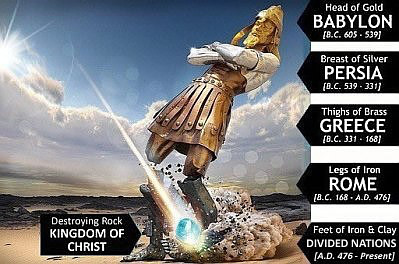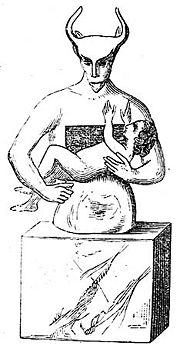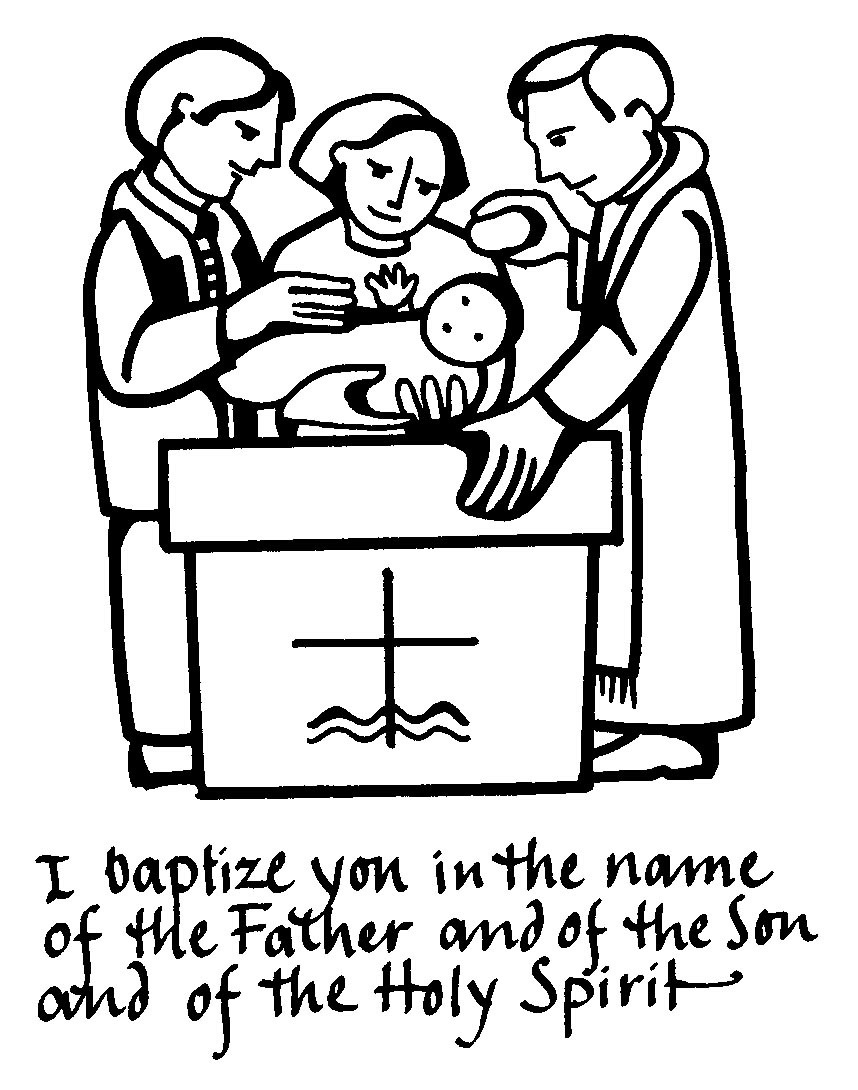One of the last actions by Jesus recorded in Scripture before His crucifixion was His Last Supper with the Apostles. It is the basis of what is variously called the Lord's Supper (cf. I Corinthians 11:20), communion, or the eucharist. It is recorded in several places. the version in Matthew 26:26-29 says, "Now as they were eating, Jesus took bread, and after blessing it broke it and gave it to the disciples, and said, 'Take, eat; this is My body.' And He took a cup, and when He had given thanks He gave it to them, saying, 'Drink of it, all of you, for this is My blood of the covenant, which is poured out for many for the forgiveness of sins. I tell you I will not drink again of this fruit of the vine until that day when I drink it new with you in My Father’s kingdom.'"
This passage was a contentious focus during the Reformation. On one side, the Lutherans and Catholics agreed together that "this is My body" was to be taken literally. That is, the Church of Rome believes that the bread and wine are literally transformed into the physical flesh and blood of Jesus. The Lutherans teach that the bread and wine remain bread and wine, but the flesh and blood of Jesus are received under the form of the bread and wine. Both teach that the recipient of the elements receives the corporeal, physical, flesh and blood of Jesus.
In opposition to that corporeal view, other Protestants have divided between those who follow Huldrych Zwingli, that the Supper is a memorial, and that Jesus is not present in any literal sense, and those who follow John Calvin, who taught that Jesus is spiritually present in the sacrament, when it is received in faith.
The views may be described as those who hold that "this is My body" means ":this becomes my body," and those who hold "this is My body" means "this represents My body." I am of the latter group.
Here I want to argue against the corporeal view.
First is just a logical issue. If "this is MY body" must be literal, what about "I am the vine" (John 15:5). Must that also be taken literally? Was Jesus telling us that He is actually a grapevine under the "accidents" of skin, teeth, and hair? If not, then why must "My body" be taken literally?They are grammatically-equivalent sentences.
Second, consider another portion where Jesus talks about our being sustained by His flesh, John 6:52-59, 63: "The Jews then disputed among themselves, saying, 'How can this man give us his flesh to eat?' So Jesus said to them, 'Truly, truly, I say to you, unless you eat the flesh of the Son of Man and drink His blood, you have no life in you. Whoever feeds on My flesh and drinks My blood has eternal life, and I will raise him up on the last day. For My flesh is true food, and My blood is true drink. Whoever feeds on My flesh and drinks My blood abides in Me, and I in him. As the living Father sent Me, and I live because of the Father, so whoever feeds on Me, he also will live because of Me. This is the bread that came down from heaven, not like the bread the fathers ate, and died. Whoever feeds on this bread will live forever.' Jesus said these things in the synagogue, as he taught at Capernaum. [And He said,] 'It is the Spirit who gives life; the flesh is no help at all. The words that I have spoken to you are spirit and life.'" Jesus uses the same image of feeding on His flesh and blood, and His Pharisaic audience takes Him literally. But what is His reaction? Wouldn't He commend them if they were correct? But no, He corrects them, instead, telling them that it isn't His flesh which sustains the believer, but the Spirit! He repudiates a corporeal, literalist interpretation exactly equivalent to what is taught by Catholics and Lutherans, even to this day.






















